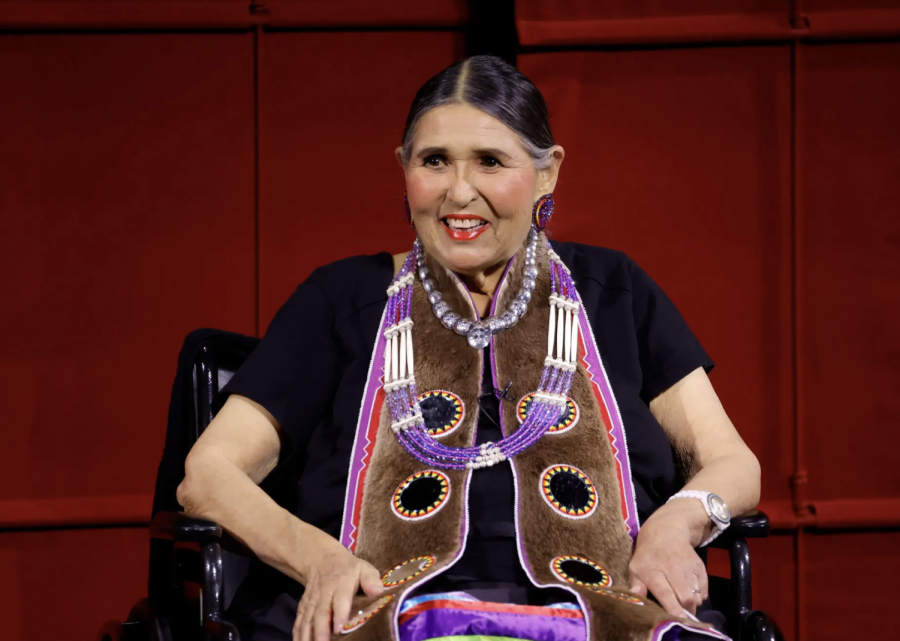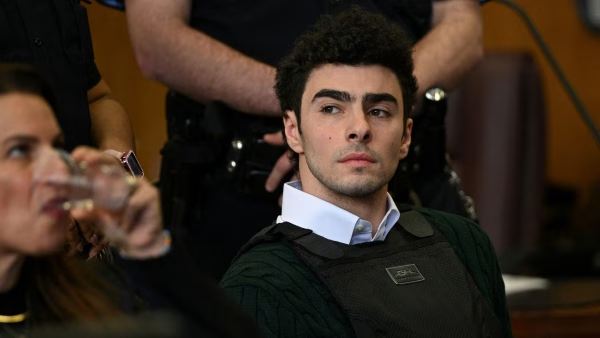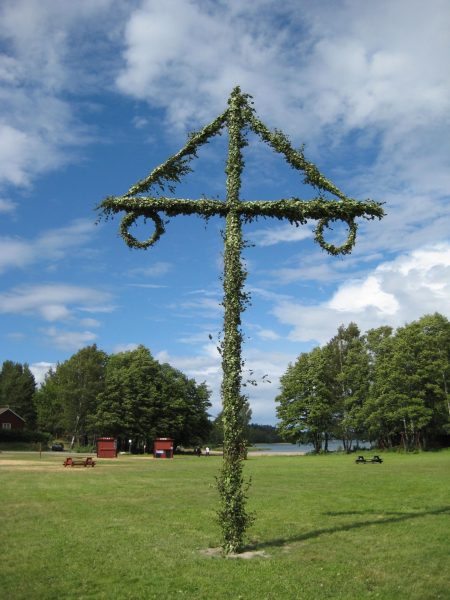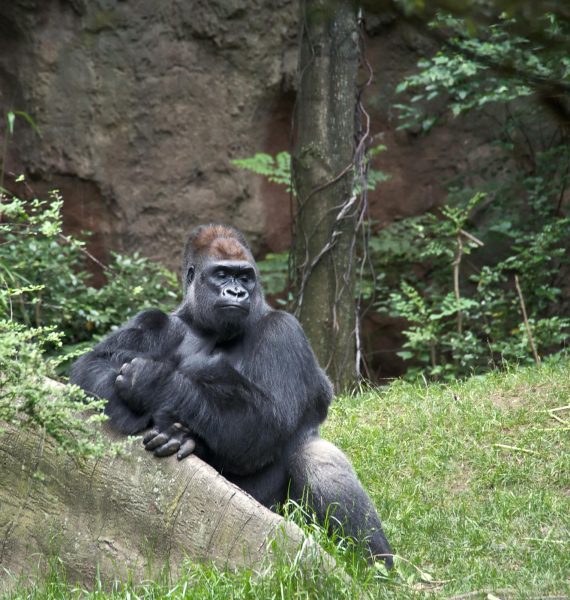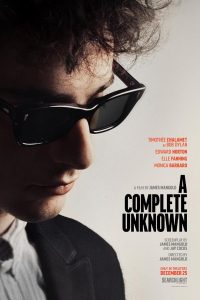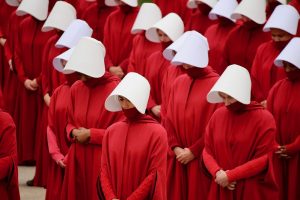Sacheen Littlefeather passes away at 75
October 10, 2022
Sacheen Littlefeather, an activist for the rights of Native Americans, passed away at the age of 75 on Oct. 2. She is famously remembered for declining Marlon Brando’s Oscar for his work on “The Godfather” at the Academy Awards in 1973. She took 60 seconds to read her planned speech, was booed off stage by the audience and criticized by many famous Hollywood actors for her supposed disruption of the ceremony.
Littlefeather was given an official apology by The Academy of Motion Picture Arts and Sciences, which is said to be one of the last events she attended personally before her death from breast cancer.
Littlefeather, previously Marie Louise Cruz, was born in Salinas, California in 1946. During her college education, she became very interested in advocacy related to Native Americans, as she dealt with personal struggles as a Native American herself. During her participation in the Occupation of Alcatraz protests, she took upon the name Sacheen Littlefeather to be paired with all of her civil rights and activist work.
Shortly after her departure from college, Littlefeather became an actor and joined the Screen Actors Guild. During this time, she met Brando through close friend Francis Ford Coppola. Coppola, the director of “The Godfather” trilogy, connected these two figures. Both Littlefeather and Coppola lived in San Francisco and witnessed the issues Native Americans had to endure in the area. Brando and Littlefeather eventually became friends, as Brando began to form an interest in the struggles and disparities Native Americans went through, especially in the film industry.
At 26 years old, Littlefeather was the first Native American woman to go on stage at the Oscars, wearing traditional clothes. Brando wrote a lengthy speech for Littlefeather to give, but the show’s producer at that time, Howard W. Koch, threatened Littlefeather with imprisonment if she spoke for more than a minute. Instead of accepting Brando’s Oscar, Littlefeather began her speech: “He very regretfully cannot accept this very generous award. And the reasons for this being are the treatment of American Indians today by the film industry…and on television in movie reruns, and also with recent happenings at Wounded Knee.” Wounded Knee was a standoff between government authorities and natives over corruption at an Indian Reservation in South Dakota.
Littlefeather’s stance caused her to be blacklisted in Hollywood and affected her ability to obtain major roles in the industry. She eventually moved back to San Francisco, where she focused on being a voice for others in theatre and healthcare. Many years later, she was finally allowed to read her full speech at a press conference. Following this, it was printed for the public to read what they believed about the issues that Native Americans were facing.
For many decades, the Oscars maintained a non-partisan viewpoint, avoiding political and social issues that faced the United States. It was supposed to be seen as a night to admire Hollywood’s greatest movies and the actors, actresses and directors who help to make them. The short speech Littlefeather gave helped to change the trajectory of entertainment and led filmmakers and actors to speak on the unfairness in Hollywood through a public acceptance speech. Furthermore, it urged the industry to change and became more diverse to represent women and people of color better.

